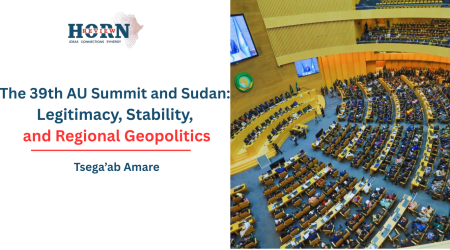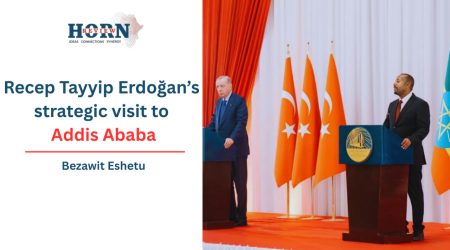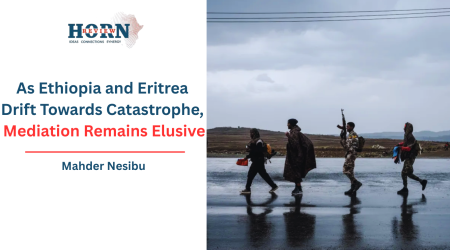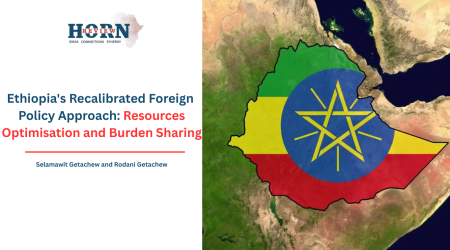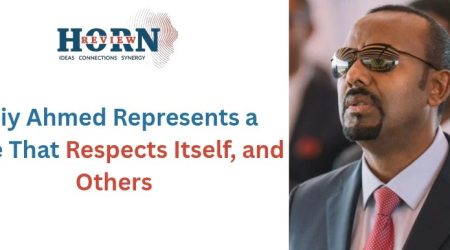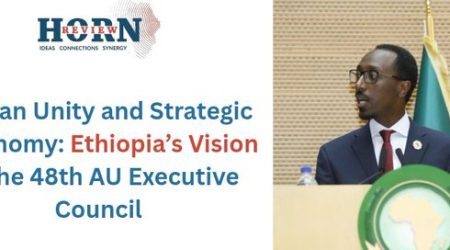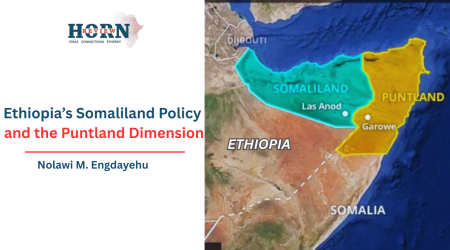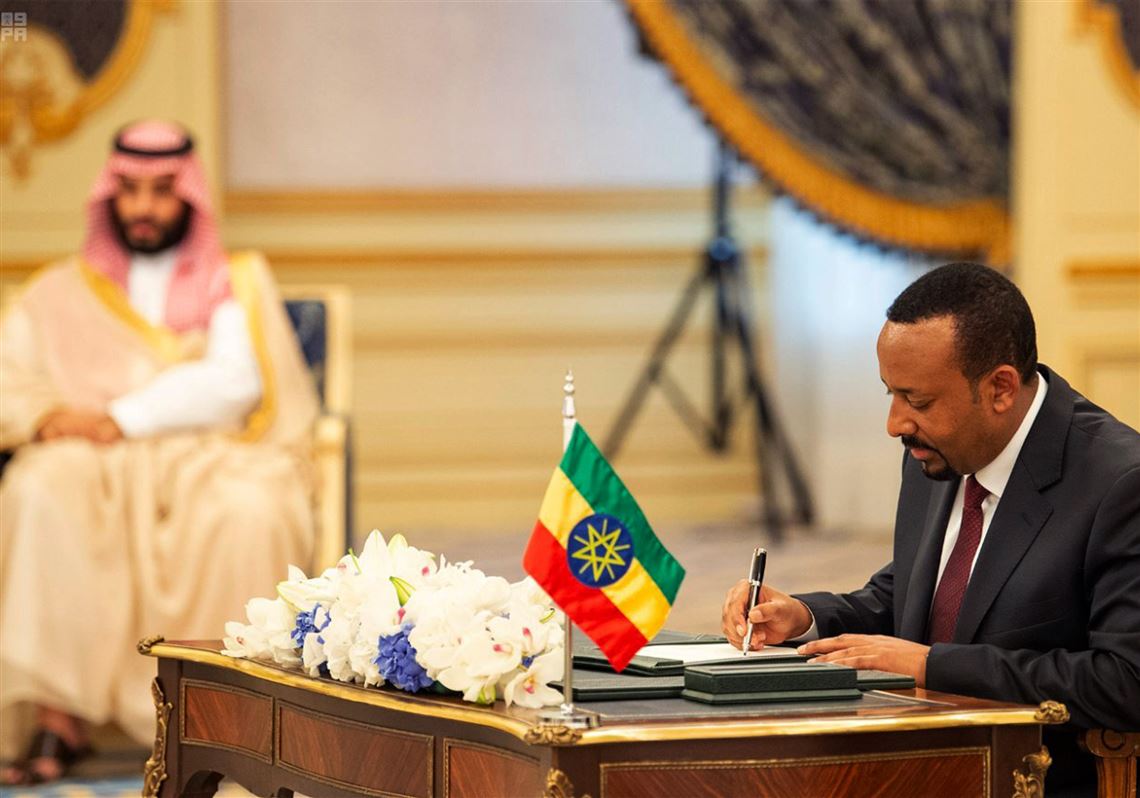
5
Jun
Ethiopia – Saudi Arabia Relationship Under the Shadow of Egyptian Influence
Ethiopia’s relationship with the Kingdom of Saudi Arabia is both promising and delicate, demanding a nuanced and cautious approach. While geographic and diplomatic proximity might suggest alignment, the reality is far more complex. Without careful navigation, this partnership risks becoming a conduit for Egyptian influence – transforming a potential ally into a proxy that advances policies contrary to Ethiopia’s core interests, particularly in critical areas such as water security, regional stability, and access to the Red Sea.
The growing alliance between Egypt and Saudi Arabia has cast a long shadow over the Horn of Africa. This relationship was recently cemented through major initiatives like the King Salman Causeway – commonly called “Moses’s Bridge” – a multi-billion-dollar project designed to link Egypt and Saudi Arabia physically across the Red Sea. Beyond its economic benefits, this bridge symbolizes the deepening strategic cooperation between the two nations, creating a direct land route between Africa and Asia. Egypt’s military capabilities complement Saudi Arabia’s financial muscle, forming a partnership that extends its influence well beyond the Middle East, right into the Horn of Africa and the critical Red Sea corridor – areas vital to Ethiopia’s security and economic aspirations.
In this context, Saudi Arabia’s foreign policy appears to be heavily influenced by its alliance with Egypt. This influence was visible when Saudi Arabia hesitated to openly support Ethiopia’s sovereign rights concerning the Nile waters and the Grand Ethiopian Renaissance Dam (GERD). For Ethiopia, the GERD is a transformative project that symbolizes national progress- harnessing the Blue Nile’s potential to generate power and foster economic growth. Despite Ethiopia’s consistent diplomatic efforts to assure its neighbors of the dam’s mutual benefits, Egypt remains a firm opponent, perceiving the project as a direct threat to its water security. Egypt’s posture reveals a preference not for negotiation, but for dominance – turning regional waters and the Red Sea into a geopolitical chessboard fraught with tension and security risks.
Access to the Red Sea is not simply a strategic desire for Ethiopia; it is a necessity for its economic survival. As a landlocked country, Ethiopia’s trade and development prospects heavily depend on reliable access to maritime routes. However, pursuing this access must not come at the cost of yielding to Egyptian strategic demands. Accordingly, Ethiopia’s foreign policy should focus on expanding and deepening ties with other Gulf countries – including the UAE, Qatar, Kuwait, and Oman – to build a diversified network of support that balances Saudi Arabia’s influence, which remains closely linked to Egypt’s interests.
While Saudi Arabia has extended diplomatic assurances to back Ethiopia’s development goals, these promises often lack concrete implementation. Ethiopia must push for more formalized agreements that hold such commitments accountable. Additionally, Ethiopia’s leadership role in regional bodies like the Intergovernmental Authority on Development (IGAD) and the African Union (AU) is crucial. These institutions provide platforms to defend African sovereignty and ensure that matters related to the Nile and Red Sea remain firmly within African hands, resisting external dominance from actors such as the Arab League.
Beyond formal diplomacy, Ethiopia needs to proactively use media outlets, think tanks, diaspora networks, and international forums to share its perspective and correct misunderstandings. Shaping the narrative is essential to garner broader support and awareness for Ethiopia’s legitimate concerns.
Ultimately, Ethiopia’s relationship with Saudi Arabia offers significant opportunities but also requires vigilance. Understanding the intricate regional dynamics – especially Egypt’s pervasive influence – is vital for turning this partnership into a true asset. By cultivating a broad base of alliances and safeguarding its sovereignty, Ethiopia can ensure that its engagement with Saudi Arabia and the broader Gulf contributes positively to its security and development.
By Tselot Getachew, Researcher,Horn Review

